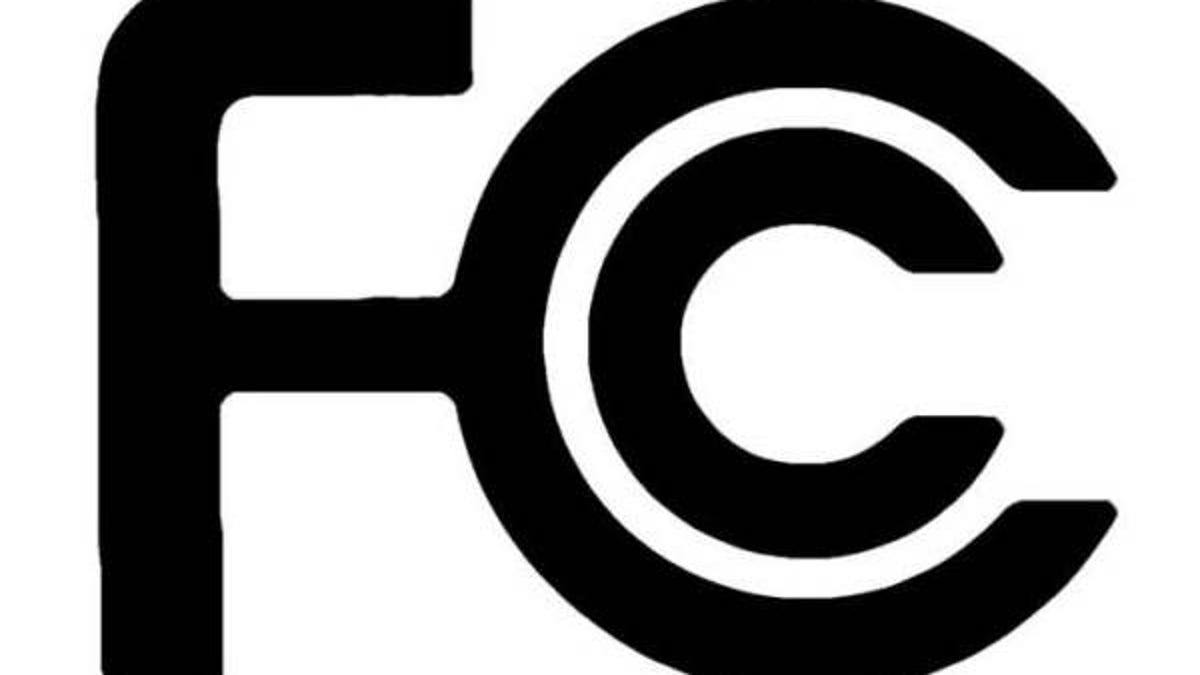FCC investigates cable's channel drops, price hikes
Some cable subscribers may have been forced into purchasing a digital set-top box and a more expensive digital cable subscription to receive certain basic cable channels, according to a new investigation launched by the Federal Trade Commission.

Some cable subscribers may have been "forced" into purchasing a set-top box and a more expensive digital subscription to receive certain basic cable channels, according to a new investigation launched by the Federal Trade Commission.
The FCC sent out letters (PDF) to Comcast, Cablevision, Time Warner Cable and other major cable companies, requesting a tabular list of information, from the "number of overall subscribers in each affected cable system at the time of the analog-to-digital channel change" to "whether Company permitted subscribers affected by the analog-to-digital channel change to modify their service at no charge for 30 days after receiving notice of such change." Verizon Communications' FIOS network, which isn't explicitly a cable service, is also being investigated. The investigation doesn't affect satellite providers.
The investigation seems to have been initiated by a letter that the Consumers Union, publisher of Consumer Reports, sent to the Senate Committee on Commerce, Science, and Transportation, according to Ars Technica.
Switching to digital is good business for cable. The New York Times reported that Time Warner Cable and Cablevision had better than expected profit this quarter. While Time Warner attributed this to phone and Internet subscriptions, it still "lost 31,000 basic video subscribers in the quarter, but added 124,000 digital video subscribers." Cablevision also gained a significant amount of digital cable subscribers.
We've reported that the cable industry has taken advantage of the confusion surrounding the upcoming DTV transition, and this may be another example. HD Guru Gary Merson, as mentioned in the article, found that Time Warner Cable had reduced its analog cable offering from 74 to 13 channels in the New York City area.
The FCC also announced that it "expressed concern as several cable companies recently announced plans to raise their rates for next year," as reported by the Columbia Tribune. The article mentions that "rising programming costs" and the high costs for preparing for the DTV transition are the reasons behind this.
While that may be true, we speculate that cable providers want to "force" consumers to an all-digital cable package because it's cheaper for the company and provides a good excuse for a price hike, by way of rental fees for digital cable boxes and increased subscription fees. A cable provider can fit roughly 12 digital channels in the space that 1 analog channel would occupy. Most cable providers will continue to provide analog channels alongside their digital offerings after the February 17, 2009 DTV transition, but what happens after that? Subscribers, as of right now, may have to pay an additional monthly fee for a set top box to receive basic cable once their providers decide to go all-digital, meaning shutting down the channels that they offer in analog. If the FCC's investigation is any indication, the DTV transition may be as troublesome for cable subscribers as it is predicted to be for customers who receive their channels over-the-air--in price hikes and forcing subscribers to purchase a set top box.
In the meantime, of course, anybody can get a converter box for as little as $10 or $20 after coupon, and skip out on cable.
What do you think? Is the FCC's investigation finally a culmination of the confusion and price hikes surrounding the DTV transition for cable provider? Are you an analog cable subscriber whose provider has cut channels or forced you to switch to digital? Sound off in the comments section.